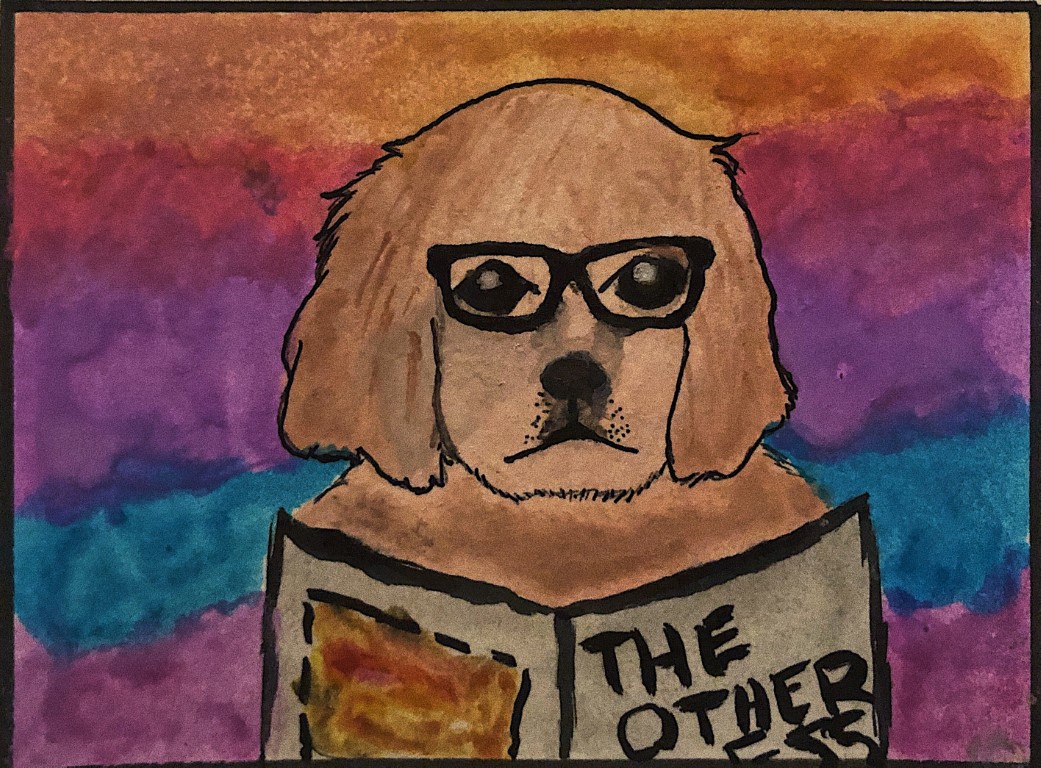
Approval of Trans Mountain met with outrage
By Mercedes Deutscher, News Editor
Justin Trudeau made a controversial announcement on November 29, when the federal government approved the construction of Kinder Morgan’s Trans Mountain pipeline. The same address also revealed the government’s decision to reject the Enbridge Northern Gateway pipeline.
“I have heard and listened very carefully to the many diverse perspectives that exist in BC on this project,” said Trudeau to the Vancouver Sun. “If I thought that this project was unsafe for the BC coast, I would reject it.”
The pipeline was approved, but Kinder Morgan must meet 157 conditions in order to continue with the next phase of the project. Many of these conditions are ones made to subset the negative environmental effects that can be caused by the pipeline, including wildlife conservation, oil spill response plans, and offsetting the greenhouse gasses that will be created during the construction of the pipeline.
The decision on Trans Mountain was met with immediate outrage by many people in BC, who organized a protest within a few short hours of the announcements. The protesters gathered at Library Square in Vancouver, before marching through the streets of downtown. It was made apparent by those opposed to the pipeline that an approval wouldn’t nix their efforts of stopping the project.
Some of those opposing the project include some of the Liberal MPs in BC, namely Hedy Fry of Vancouver-City Centre, Ron McKinnon of Coquitlam-Port Coquitlam, and Terry Beech of Burnaby-North Seymour.
Other notable politicians opposed to the pipeline include Lower Mainland mayors (Gregor Robertson, Vancouver; and Derek Corrigan, Burnaby), as well as Thomas Mulcair of the NDP.
Mulcair expressed frustration to the Vancouver Sun, saying that, “Many in BC and across the country voted Liberal because they were led to believe that this pipeline would not go forward under a Liberal government. It’s clear today that they were misled.”
Meanwhile, the BC Liberals have kept a quiet and ambiguous position on the pipeline. The approval of the pipeline comes at a precarious time for the provincial government, who are gearing up for the provincial election in May 2017. Premier Christy Clark remained silent on the issue the day it was announced.
Prior to the federal government’s announcement, Clark told the Vancouver Sun that she believed “…most people would say in our province the most important element of this is making sure that our coast is protected from a catastrophic spill. I think that’s what most people would tell you is the number one concern.”
Outside the realm of elected officials, most of BC’s Indigenous communities are responding with disapproval. According to CBC, only one-third of 120 Indigenous groups that were consulted about the pipeline were satisfied with the project.
Many are suggesting that the next step in potentially stopping the pipeline would be in the courts.
“The strongest legal and political opposition [to pipeline projects] was First Nations’ rights in court. And that did kill the Northern Gateway pipeline project,” George Hoberg, a UBC professor in environmental and natural resource policy, said to CBC. “Whether or not it will kill the Kinder Morgan project is less certain.”


